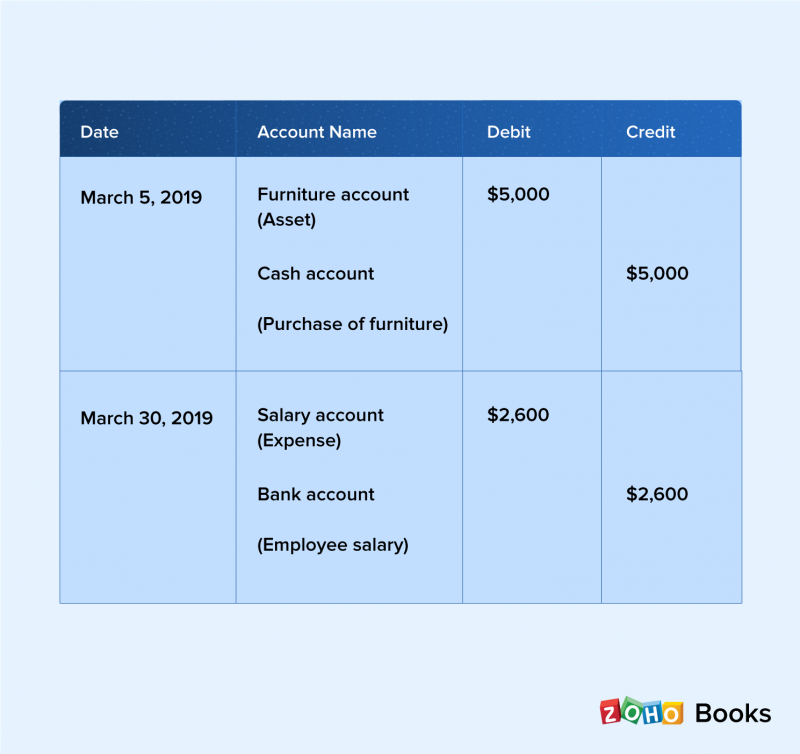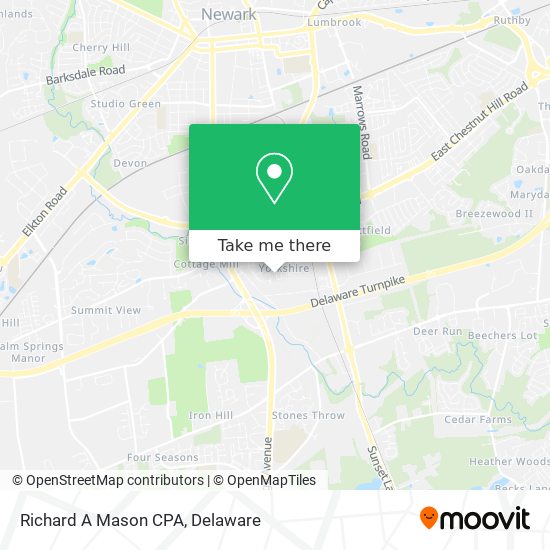
There are several types of accountants. Here are some examples. The most popular types include financial accountants for government, personal, forensic, and financial accounting. To compile data, these professionals use financial statements and double-entry bookkeeping. There are many responsibilities that these accountants must fulfill. Before you begin your search, make sure to determine what type accountant you want. Contact us if you have any questions about becoming an accountant. We are here to help in any way we possibly can.
Accountants for the government
Federal agencies employ some government accountants. These people review financial statements for federal agencies and look for evidence that reveals fraud or irregular spending. These reports become part the agency's official records. Depending on the agency, these accountants can also testify in front of legislative committees. The role of a government accountant can vary significantly depending on the type of job you're looking for.
Government accountants are often employed by government agencies to solve complicated problems. A government accountant might be charged with reducing expenses or discovering new sources of revenue. They must be analytically able and able to work under pressure in order to meet deadlines. If they are leaders, they can be mentored and even lead a team. In many organizations, government accountants are highly valued.
Financial accountants
Financial accountants have the primary responsibility to prepare and present financial statements to senior management. These reports provide economic evaluations of data and are often accompanied by text narratives and graphs. These reports also provide advice on strategic planning, investments and cash flow. An accountant who is proficient in financial accounting can help an organization manage its finances. A company's success over the long-term depends on its financial managers.
Financial accountants prepare and review financial statements and tax returns. Many companies rely on them to help improve their financial practices or invest in the stock markets. Financial accountants work in public, private, and public sectors, as well as in shared service organizations. The best way into the field is to earn a Foundations degree. Foundations-level qualifications are a great way to get started in a career of financial accounting.
Forensic accountants

Many people are seeking rewarding careers and ways to improve their skills and knowledge. Although there are many opportunities for forensic accounting careers, certain factors can influence their choice. You might be curious about the salaries of forensic accountants, what they do, and whether it is an option for you. For forensic accountants, there are many advantages to this career path. Consider joining a professional organization.
Forensic accountants are trained in the analysis of financial data to identify patterns that could reveal criminal activity. They often have to investigate financial crimes, testify in court, and contribute to the intelligence cycle of the FBI. They also keep abreast of changing laws, federal rules of evidence, and national security protocols. They frequently consult with prosecution attorneys and testify before courts as expert witnesses.
Personal accountants
What are the different types personal accountants? Individuals and businesses can have personal accountants to help them comply with tax laws. They are knowledgeable about budgeting and cost cutting, and can also help you avoid late fees and penalties. These professionals can represent you before IRS because they are enrolled agents. These professionals have been trained in tax law and can help maximize your refund. Personal accountants can be a great choice for anyone dealing with financial issues.

A personal accountant will be of great benefit to anyone who is subject to the Alternative Minimum Tax. Many people are not aware of the tax laws and will not know how to maximize their deductions. A personal accountant can help clients save money by determining the best ways to use their income while complying with tax regulations. Individuals who are faced with unexpected cash can be helped by a personal accountant. Although unexpected money is always a welcome reprieve, it can also bring about a whole host of problems.
FAQ
What is a Certified Public Accountant (CPA)?
Certified public accountant (C.P.A.). A person who is certified in public accounting (C.P.A.) has specialized knowledge in the field of accounting. He/she will assist businesses with making sound business decisions and prepare tax returns.
He/She monitors cash flow for the company and makes sure the company runs smoothly.
How does an accountant do their job?
Accountants work with clients to ensure they make the most out of their money.
They collaborate closely with professionals like lawyers, bankers and auditors.
They also collaborate with other departments such as marketing and human resources.
Accountants are responsible to ensure that the books balance.
They calculate the amount of tax that must be paid and collect it.
They also prepare financial statement that shows how the company is performing.
What does an auditor do?
Auditors look for inconsistencies within the financial statements with actual events.
He confirms the accuracy and completeness of the information provided by the company.
He also verifies the validity of the company's financial statements.
What are the steps to get started with keeping books?
To start keeping books, you will need some things. You will need a notebook, pencils and calculators, a printer, stapler, pen, stapler, envelopes and stamps, as well as a filing cabinet or drawer.
What's the difference between accounting & bookkeeping?
Accounting refers to the study of financial transactions. Bookkeeping records these transactions.
Both are connected, but they are distinct activities.
Accounting is primarily about numbers while bookkeeping is primarily about people.
To report on the financial health of an organization, bookkeepers must keep track of financial information.
They make sure all of the books balance by adjusting entries in accounts payable, accounts receivable, payroll, etc.
Accounting professionals examine financial statements to determine if they are in compliance with generally accepted accounting principles.
They might recommend changes to GAAP, if not.
Bookskeepers record financial transactions in order to allow accountants to analyze it.
Statistics
- "Durham Technical Community College reported that the most difficult part of their job was not maintaining financial records, which accounted for 50 percent of their time. (kpmgspark.com)
- Given that over 40% of people in this career field have earned a bachelor's degree, we're listing a bachelor's degree in accounting as step one so you can be competitive in the job market. (yourfreecareertest.com)
- BooksTime makes sure your numbers are 100% accurate (bookstime.com)
- a little over 40% of accountants have earned a bachelor's degree. (yourfreecareertest.com)
- Given that over 40% of people in this career field have earned a bachelor's degree, we're listing a bachelor's degree in accounting as step one so you can be competitive in the job market. (yourfreecareertest.com)
External Links
How To
How to be an Accountant
Accounting is the science of recording transactions, and analysing financial data. Accounting can also include the preparation of reports or statements for various purposes.
A Certified Public Accountant or CPA is someone who has passed an exam and received a license from the state board.
An Accredited financial analyst (AFA), or an individual who meets the requirements of the American Association of Individual Investors, is an individual who is accredited by Financial Analysts. A minimum five-year investment history is required in order to be an AFA according to the AAII. They must pass a series exam to verify their understanding of accounting principles.
A Chartered Professional Accountant is also known by the name chartered accountant. This is a professional accountant who received a degree at a recognized university. The Institute of Chartered Accountants of England & Wales (ICAEW) has established specific educational standards for CPAs.
A Certified Management Accountant (CMA) is a certified professional accountant specializing in management accounting. CMAs have to pass exams administered by ICAEW and keep up-to-date with continuing education requirements throughout the course of their careers.
A Certified General Accountant (CGA), member of the American Institute of Certified Public Accountants. CGAs must pass multiple exams. One of these tests, the Uniform Certification Examination or (UCE), is required.
The International Society of Cost Estimators offers the certification of Certified Information Systems Auditor (CIA). Candidates for the CIA need to complete three levels in order to be eligible. These include practical training, coursework and a final examination.
An Accredited Corporate Compliance Officer (ACCO) is a designation granted by the ACCO Foundation and the International Organization of Securities Commissions (IOSCO). ACOs must hold a baccalaureate or higher degree in business administration, finance, or public policy. Additionally, they must pass two written and one verbal exams.
The National Association of State Boards of Accountancy offers the certification of Certified Fraud Examiners (CFE). Candidates must pass three exams with a minimum score 70 percent.
A Certified Internal Auditor (CIA) is accredited by the International Federation of Accountants (IFAC). The four-part exam covers topics such as auditing (auditing), risk assessment, fraud prevention and ethics, and compliance.
American Academy of Forensic Sciences (AAFS) designates an Associate in Forensic Account (AFE). AFEs must be graduates of an accredited college or university that has a bachelor's in accounting.
What does an auditor do? Auditors are professionals who perform audits of financial reporting systems and their internal controls. Audits can be performed on either a random basis or based on complaints received by regulators about the organization's financial statements.